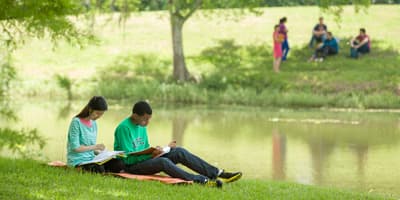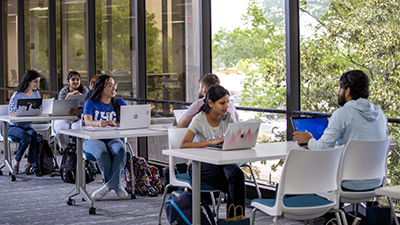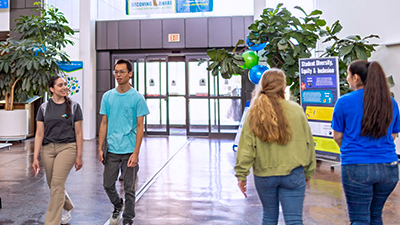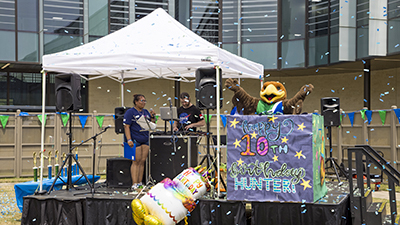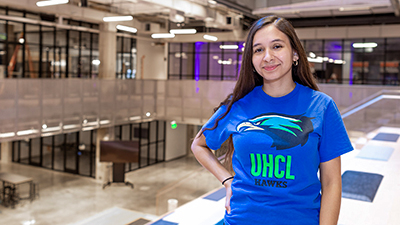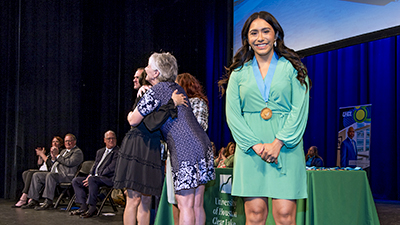Telehealth ABA World Project impacts children, families with autism in Nigeria
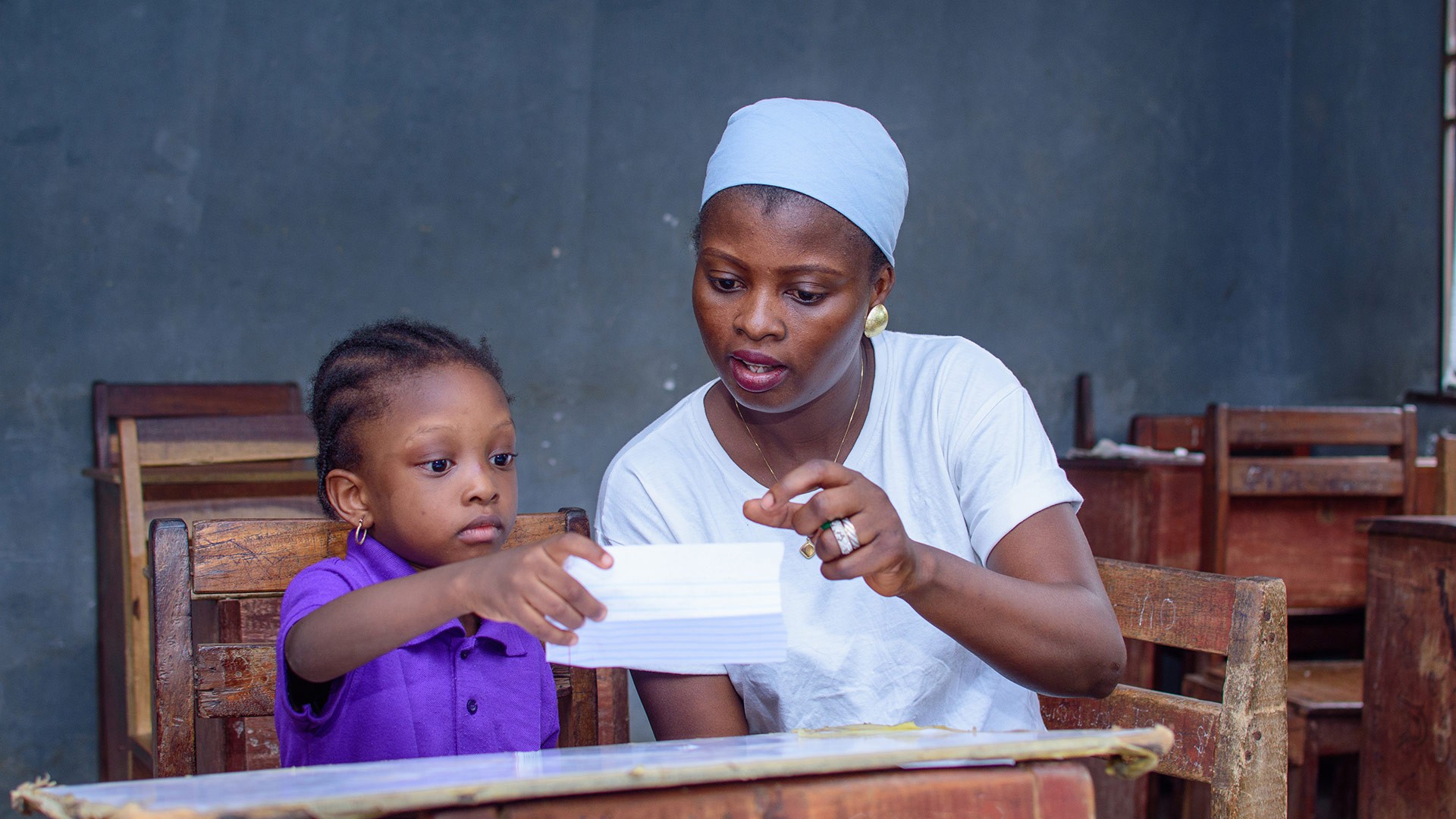
Save the Children, an international nonprofit organization aimed at improving the lives of children worldwide, reported that an estimated 32 million people in Nigeria including children, live with some form of disability and face discrimination that prevents them from accessing basic social services and education.
There is a critical need for support and intervention services for children on the autism spectrum who live in countries where there are very few, if any board certified behavior analysts or resources. That’s why the Telehealth ABA World Project at University of Houston-Clear Lake has been working to support families in Nigeria and around the world to offer education and training to caregivers and professionals who work with children with autism.
Research Assistant and Telehealth ABA World Project Program Manager Loukia Tsami said that over the past five years, the program had been providing services via telehealth to families of autistic children in various locations in Nigeria.
“We have found a way to have an even bigger impact,” she said. “Before, we were doing telehealth sessions with parents and professionals, but now we are able to collaborate with people who are in highly influential positions in Lagos, Nigeria’s most populous city.”
Currently, the project is collaborating with Honorable Abdullahi Sesan Olowa, a local government chairman and his team, including physicians and other officials in Lagos. Tsami said the project aims to identify families of children with autism and through the structure of the ministry of health in this local government provide services to healthcare professionals, children with autism and their caregivers.
“Telehealth ABA World Project is grateful to collaborate with powerful and competent individuals in the Ibeju-Lekki local government and through this partnership open the first government-supported center in Ibeju Lekki that provides free services to children with autism and their families," Tsami said.
The first step in the formation of the new center, Tsami explained, would be to interview local people who have a professional background in education or health care. Then, through educational sessions via telehealth coach them on behavior analytic methods. The goal is to offer empirically-validated services to local families. She added that the ultimate goal is to empower these professionals to a high competency level to teach others, thus expanding and sustaining the program.
“We aim to teach scientific methods and to educate people about autism,” she said. “Through this project, we hope to inspire people to advance their education. There is a need in Nigeria for these services, but most people cannot afford them. The most important part in this structure is the provision of free services.”
She said another objective is to change the cultural perspectives about people with disabilities. “The project will consult with people who are part of the culture to maintain appropriateness and humility, so that people who need the services will feel comfortable enough to step forward,” she said. “We have emphasized creating protocols in a culturally appropriate way instead of simply taking American models and forcing them on another culture.”
In order to facilitate the creation of the program in Ibeju Lekki local government in Lagos in a culturally responsive way, Tsami said Mojola Bamise, a Nigerian-American UHCL student pursuing her Master of Arts in Behavior Analysis, would take a central role during the trainings and educational activities.
“Loukia has published research studying the effectiveness of behavior analytic service delivery through telehealth, so we would be using evidence based methods to coach people efficiently without needing to meet face to face,” Bamise said.
She said her role in the project would be to conduct research that involves travel to Nigeria, to assess the progress of the program by monitoring, modifying procedures as needed and provide ongoing support to the professionals. “We hope to train professionals so they will be competent to train others, and keep going until they don’t need us anymore and they’re self-sufficient,” she said. “We will implement evidence-based practices in Nigeria where insufficient power supply and WIFI outages are common obstacles. We aim to identify a long-term sustainable solution locally where our support is not continuously needed, but we would serve as a background resource.”
With government endorsement and support from local leadership, Bamise said she hoped the center will dispel some of the stigma. “This is an underserved community with some people in denial about their children’s disabilities,” she said. “They sometimes refuse intervention because they don’t want to be identified as parents of a child with a disability.”
Bamise said this is the thesis of her Behavior Analysis master’s degree. “This is one reason why I applied to UHCL,” she said. “This program is the best there is for research and provision of resources. Drs. Lerman, Lechago and Fritz are mentoring me and provide an optimal environment that facilitates learning and research.”
Telehealth ABA World Autism is an outreach of UHCL’s Center for Autism and Developmental Disabilities. For more information, go online.
